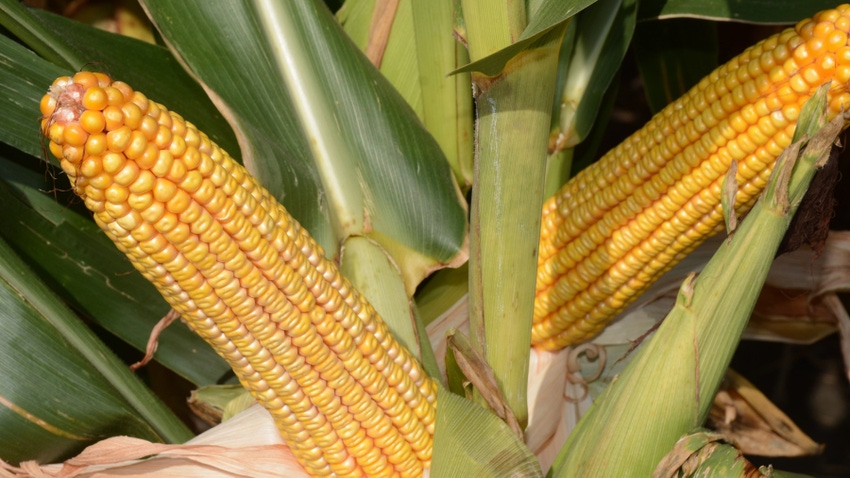
At a Glance
- Canada supports the U.S in Mexico’s ban.
The frustration of U.S. corn farmers on Mexico’s decree to ban biotech corn is certainly easy to understand. The evidence is overwhelmingly clear that biotech corn is perfectly safe for both human and animal consumption, but the Mexican government has decided to ignore the science.
The topic was top of mind at Commodity Classic in Orlando March 17 when National Corn Growers Association President Tom Haag made it clear that Mexico is breaking the U.S.-Mexico-Canada Agreement (USMCA). In a Commodity Classic general session Q&A discussion facilitated by moderator Ron Shafer, a comedian and former TV host, Haag noted that the first decree from Mexico came out in October, just as he was beginning his term as NCGA president.
The Eden Valley, Minn., farmer noted that in the decree the Mexican government said it would ban the import of white corn right away and eventually ban the import of yellow corn. “This isn’t obeying the rules,” Haag said.
Following the announcement by the Mexican government, Doug McKalip, U.S. Trade Representative’s chief agricultural negotiator, wrote a letter to Mexican officials asking them to explain the science behind the ban. Haag said Canada is on the side of the United States, telling Mexican officials that they are not obeying the rules of USMCA.
“That’s two out of three countries so it’s two-thirds majority right now. There is still a long way to go. We are happy, and we are still making sure that we keep the pressure on USTR. They (Mexico) are our number one importer. This is a huge thing for us as corn farmers,” Haag said at Commodity Classic.
Mexico imports over 17 million tons of corn from the United States annually with 20% used for food and the rest used for feed. Roughly 90% of U.S. corn is genetically modified. In earlier comments, Haag stressed that the ban would be catastrophic for both American corn farmers as well as for the Mexican people, who depend on corn as a major staple of their food supply.
“The Biden administration has been more than patient with Mexico as U.S. officials have sought to enforce a rules-based trading system and stand up for American farmers,” Haag said earlier. “The integrity of USMCA, signed by Mexican President Andrés Manuel López Obrador himself is at stake. Singling out corn – our number one ag export to Mexico – and hastening an import ban on numerous food-grade uses makes USMCA a dead letter unless it is enforced.”
Clearly, the ban cannot be allowed to stand. It violates both sound science and the validity of trade agreements that are vital for successful and fair global commerce. Pressure must continue until the Mexican government reverses its decree and allows U.S. corn to continually flow to Mexico unabated.
About the Author(s)
You May Also Like






